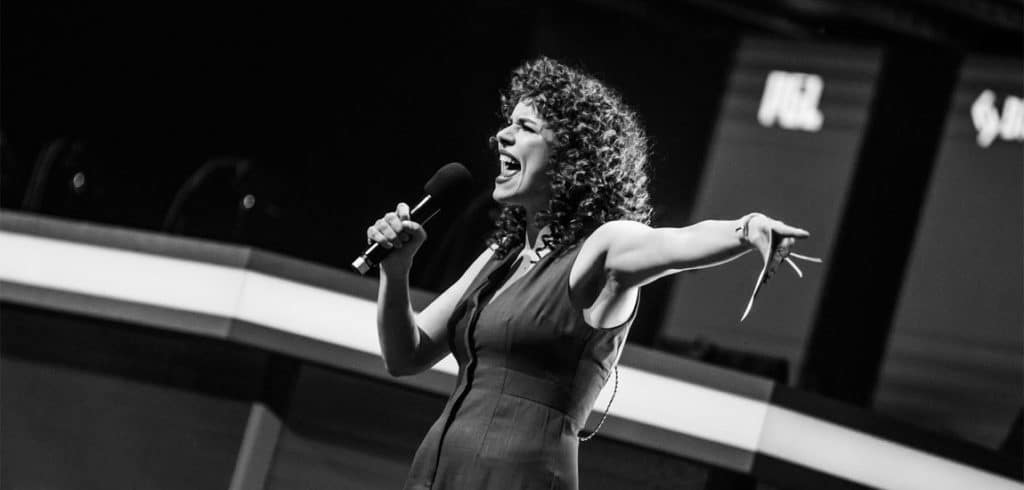Ad
In this special series of in-depth articles, Esports News UK, in collaboration with the betting partner GGBET UK, delves into the stories, moments, and personalities that have left a lasting impression on the past, present, and future of the UK esports scene.
In this article, Hannah Marie explores the history of the women’s esports scene in the UK, including a look at tournaments, talent, teams and more. Photo above by Stephanie Lindgren/PGL.
“You stupid b****, go back to the kitchen,” is a phrase that many women will have heard spat over in-game voice chat (or words to that effect). When Counter-Strike professional ‘Nea’ discussed her experience as a competitor and gamer in a 2023 interview with Esports News UK, she admitted that this brutalistic sexism is going to plague women’s in-game experiences for some time yet.
Although half of gamers identify as women, around 75% of women still report that they regularly face harassment when playing games online.
And around three quarters of women have disguised their gender while gaming, in an attempt to protect their right to enjoy video games without being targeted with misogynistic or sexist remarks.
In the UK, these statistics do not vary from the global norm. Women have worked tirelessly since the dawn of modern esports to smash every ceiling, whether it be the classic glass ceiling referenced in most industries or a concrete slab blocking gender minorities.
Despite the UK lacking the dominance of China or the US in the global esports community, the region has paved the way for its own achievements, particularly regarding the development and support of women’s esports.
This article explores the process of developing an identifiable women’s esports scene in the UK, from its absence to boom to potential stagnation. So, take off your imaginary apron and grab your headset as we shake the sexist stereotypes and investigate the achievements and needs of women in the world of UK esports.
Women in early UK esports: 2000s and 2010s
Modern esports can be tracked back to the launch of Counter-Strike in 1999, which formed a blueprint for what competitive gaming could, and would, become. Despite women being involved in the video game ecosystem since its beginning, the image of esports being a “boys club” became a tough stereotype.
Throughout the 2000s, games such as Call of Duty and Halo also experienced a boom. As recently as late 2023, articles have described Call of Duty and games with a similar aesthetic as “the greatest video game franchise for men.”
So, where do women enter the narrative?
As the esports industry worked tirelessly to demonstrate its relevance to the future of entertainment, thoughts on diversity and inclusion were seemingly kept suppressed.
The UK’s trajectory in developing space for women to thrive reflected a more negligent global state of affairs. In the early 2010s, we did have things like the AnyKey diversity initiative, Intel supporting women’s esports with tournaments and talks at Intel Extreme Masters, a women’s esports CS showcase at DreamHack London and more, but overall, publishers rarely endorsed, organised, or supported women’s initiatives.
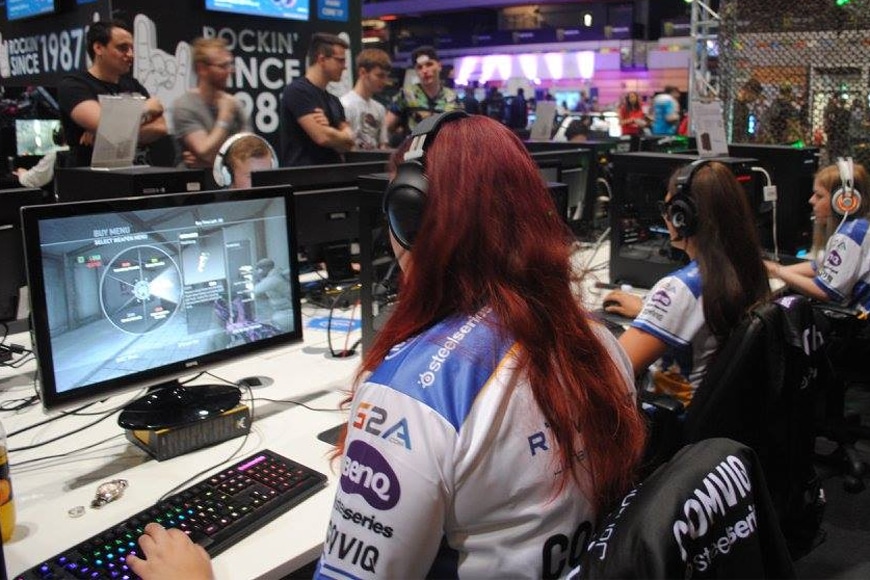
Therefore, while women worked in areas of the industry, professional female gamers were few and far between, left to navigate sexism and the toxicity of online gaming.
However, it’s important to acknowledge the powerful efforts of individual women who broke the glass ceiling of competitive play during this time. Their resilience and determination, prior to the rise of women’s-only tournaments, paved the way for a more inclusive future in esports. We’ve listed some below.
Sarah Harrison and Ruth Harrison
Sarah ‘Sarah Lou’ Harrison is still the highest-earning female UK esports player (according to Esports Earnings), with total career earnings of $50,000. She earned this amount in a single Dead or Alive 4 tournament in 2008. She proved in the early days of esports that women have the skill and determination to succeed in a male-saturated space.
And her sister, Ruth Harrison, took part in the Championship Gaming Series (CGS), competing with London Mint. There’s more on them in this article on the former female pro gamers the Independent from 2008 here.
Alice Taylor aka Crystaltips
Dignitas founder Michael ‘ODEE’ O’Dell, and former player Rams ‘R2K’ Singh (who is now an esports lecturer at the University of Chichester), previously told Esports News UK that they used to play with Alice Taylor.
R2K said: “Crystaltips was absolutely amazing. She knocked me on my butt several times, she was a crazy defender.”
Odee added: “She was one of the best women players you’ll ever play with, that’s for sure.”
Alice said:
“I was on the first UK Quake team, as leagues began to emerge across Europe and the US. I played as DC_Crystaltips (with the clan Demonic Core), and my nostalgia for those days of FPS is strong: it was all so fun.”
Alice Taylor
The Frag Dolls
Let’s not forget the Frag Dolls, a group of women gamers put together by Ubisoft in 2004. The UK and Ireland arm of Frag Dolls was revealed in 2005 and took part in early Insomnia LANs. More than 200 applied to join Frag Dolls UK, with the final five being Jam, Kitt, Lucky, Sarin and Voodoo.
Frag Dolls was shut down in 2015, with founder Morgan Romine saying: “We can count it as progress that ‘girls playing games’ is no longer the source of surprise that it once was. We’ve said many times over the years that we hoped to one day see true gender equity across gaming communities, rendering an all-girl gaming team unremarkable. I won’t claim that we’ve reached gender equity, by any means. We still have a long way to go. But there has been progress enough that we’ve reached the clear beginning of a new era.”
Other notable mentions from early esports
There’s also Kathy Zablotsky, whom ODEE says is probably the first female pro gamer. She represented London Mint.
And Samantha ‘Ricochet’ Whale played with Birmingham Salvo.
Lauren ‘Pansy’ Scott
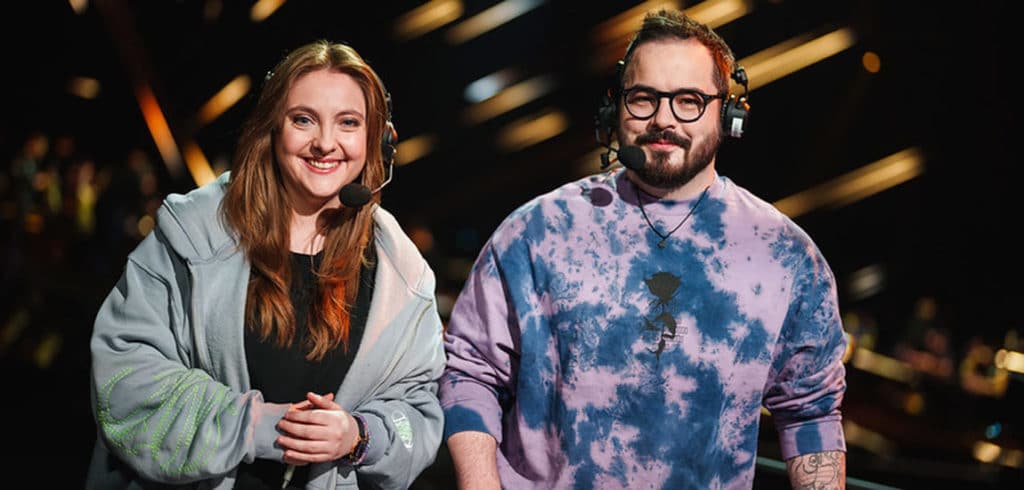
Looking to the 2010s and beyond now, and Lauren ‘Pansy’ Scott is of course a UK caster that has made a real name for herself over the years, commentating the likes of Counter-Strike and more recently, Valorant.
In the UK, she was a part of early ESL Premierships, Epic.LANs and lots more.
Frankie Ward
Frankie Ward (pictured, top of article), is another top UK broadcast talent. A presenter, host and mother, Frankie Ward has become one of the most famous faces in esports broadcasts. Her first experience in an esports broadcast came in 2015 when the League of Legends Worlds quarter finals arrived in the UK. She was working with the BBC as a senior producer at the time.
This led to working with Twitch and on many other broadcasts, from Counter-Strike Majors to ESL Premierships, and other top events in games including FC, Warzone, League of Legends, Hearthstone and more. She has become a core member of broadcasts across several esports titles and has strongly advocated for other women seeking opportunities and recognition.
Victoria ‘Vicksy’ Doman
In 2016, Vicksy competed in League of Legends, playing on teams like Paria. She was the only woman in an ESL Prem broadcast, and this was so unusual at the time, that casters once accidentally referred to her as “he” during her first broadcast, due to not realising she was a woman.
Vicksy would go on to find success in streaming. She’s built up a loyal following, has taken part in several Twitch Rivals tournaments in League of Legends, and was once signed to the UK organisation Excel Esports as a streamer. Today, she plays all kinds of games, often recording impressive achievements such as getting the Farewell Golden Berry in Celeste.
Cordelia ‘Scarakye’ Chui
Hearthstone player Scarakye first found a love for esports in League of Legends, participating in local tournaments held at a London esports bar, Meltdown. This community led her to unveil a passion and competitive spirit for Hearthstone.
She eventually competed in the 2017 WESG Women’s tournament, finishing fourth. She continued working in the esports and gaming industries after attending professional tournaments and winning the inaugural Women in Games Player Award.
There of course have been many other women working in esports, behind the scenes, beyond the broadcasts and more.
We’ll be back with a separate article featuring more women in esports soon.
Recognising the need for greater representation: 2018-2020
Towards the end of the 2010s, the UK esports scene had been fully established. After Fortnite catapulted the Battle Royal genre into the spotlight, even the most disinterested found it hard to ignore the existence of competitive games.
Famously, 2019’s Fortnite World Cup even saw British teen Jaden ‘Wolfiez’ Ashman become the youngest gamer to win $1m in a single esports tournament.
With so many fresh eyes turning to esports, and the hard work of women showing the talent that the UK had to offer, a significant movement began to recognise and acknowledge the need for official, organisation-backed action to support diversity and inclusion.
Committees, conferences and the UK’s commitment
In the summer of 2018, not-for-profit organisation Women in Games released a report that identified an ‘awareness gap’ between men and women, with young women being particularly unlikely to be less aware of the esports industry as a whole.
The report also identified that this gap creates a ‘self-fulfilling prophecy’ where men may be more likely to generalise that women don’t have an interest in esports as a whole. However, studies like this from Newzoo already identified over 1bn female game enthusiasts worldwide.
The aforementioned former UK Hearthstone player, Cordelia ‘Scarakye’ Chui, who finished third in the WESG Women Hearthstone Europe tournament back in 2017, was interviewed alongside freelance player manager Amy ‘Aphiren’ Snowdon in September 2018 to comment on the current state of women’s esports. Both UK-based women admitted that there was simply a lack of community growth at the grassroots that could provide a safe space for women to compete without facing misogyny or sexism.
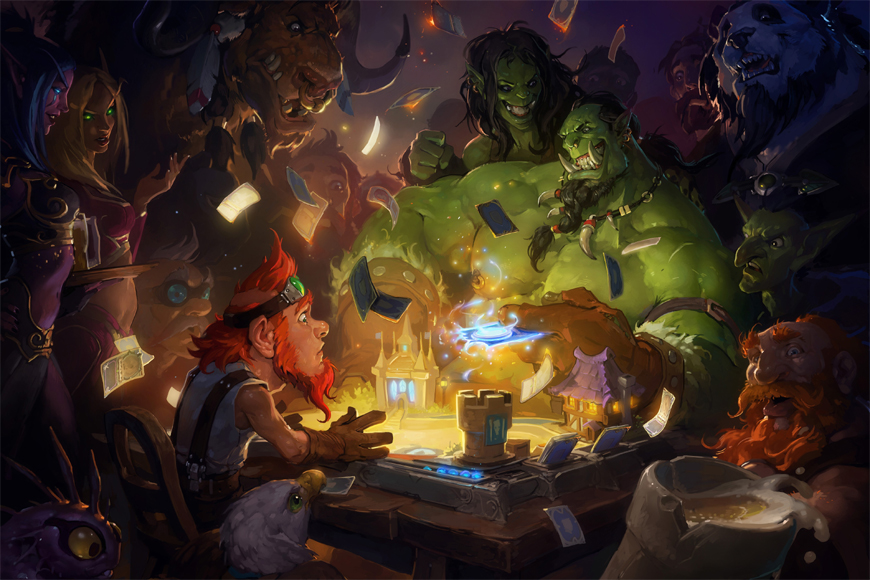
Their interview occurred during the European Women in Games Conference at City, University of London. To complement their #SheTalksGames initiative, Facebook sponsored the event. Unlike before, interest in women’s esports was now global, and that interest had very much crossed UK borders. Although the European Women in Games Conference has been held annually since 2011, this event particularly focused on the competitive scene.
However, 2018’s progress for women in esports was not without its controversies. The Women in Games Esports Awards came under fire for what some may still see as a misstep – the awarding of the Women in Games ‘Presenter of the Year’ to male broadcast talent James Banks. Following the UK-based ceremony, disappointment was expressed over the choice to herald a man (talented though he may be) at an event created to spotlight women in the industry.
Welcoming organised women’s esports tournaments to the UK ecosystem
Following the establishment of British Esports’ Women in Esports initiative set up in 2019 to celebrate diversity, 2020 saw the introduction of its Women in Esports Committee.
The organisation began supporting professionally managed esports tournaments that catered specifically to female and non-binary individuals seeking a safe space to evolve as competitive gamers.
One of the UK’s first organisationally endorsed and managed female-only esports tournaments was the 2020 Lioness League, run by Women in Esports and FaceIt. The tournament formed part of a larger project to provide an online space on the FaceIt platform for women, feminine-presenting, non-binary and transgender individuals to connect with one another.
Today Women in Esports runs the annual Be The Change Summit, as well as collegiate tournaments, networking events and more in this space.
Looking to university tournaments in the UK, and there are several for women and marginalised genders from NSE (National Student Esports) and University Esports UK (aka NUEL).
In winter 2020, NUEL launched its first women’s-only League of Legends tournament, welcoming cis women, transgender women and femme-identifying or femme-presenting non-binary people. The initiative aimed to increase opportunities for women and gender minorities at the grassroots level of organised esports.
They allowed these players to participate in their main university League of Legends tournament to ensure that women participating in their gender-specific tournaments did not miss additional opportunities to compete.
Like many of the women’s tournaments that integrated into the UK esports system during this time, the British Esports Women in Esports initiative and Women in Games supported the initiative.
Around this time, more women players started to emerge in the UK.
One of the breakout stars in 2020 was UK Call of Duty player Emma ‘EmZ’ Rankin. At the age of 23 she burst onto the Black Ops, Modern Warfare, and Warzone scenes, becoming the second highest-earning UK female player in esports history over the following three years. Her successful professional esports career launch resulted in her signing with the major American esports organisation Cloud9, where she remains a content creator to this day.
Related article from the archive: How NUEL’s Women and Non-Binary university tournaments are making esports more inclusive in the UK
Bringing UK women to the forefront: 2021-2023
As the industry began to emerge from the COVID-19 pandemic and all the online-only broadcasts, women’s esports saw its first true boom and the beginnings of long-term esports roster investment.
Semi-franchised, publisher-endorsed, and live-broadcasted women’s tournaments arose from the efforts put forth by women since the birth of modern esports.
Key to both global and regional advances in women’s esports were the actions of game publishers and their associated esports management teams. In 2021, Riot Games launched its professional women’s Valorant circuit. This circuit runs alongside and shares branding with the already popular Valorant Championship Tour, and was dubbed VCT Game Changers.
The following year, ESL launched ESL Impact as part of its #GGForAll campaign, providing a competitive Counter-Strike series for women’s teams.
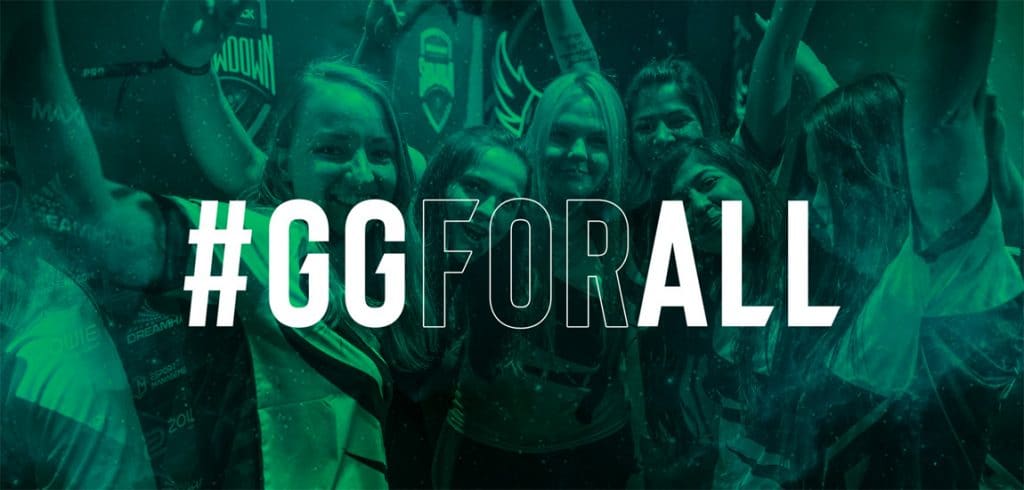
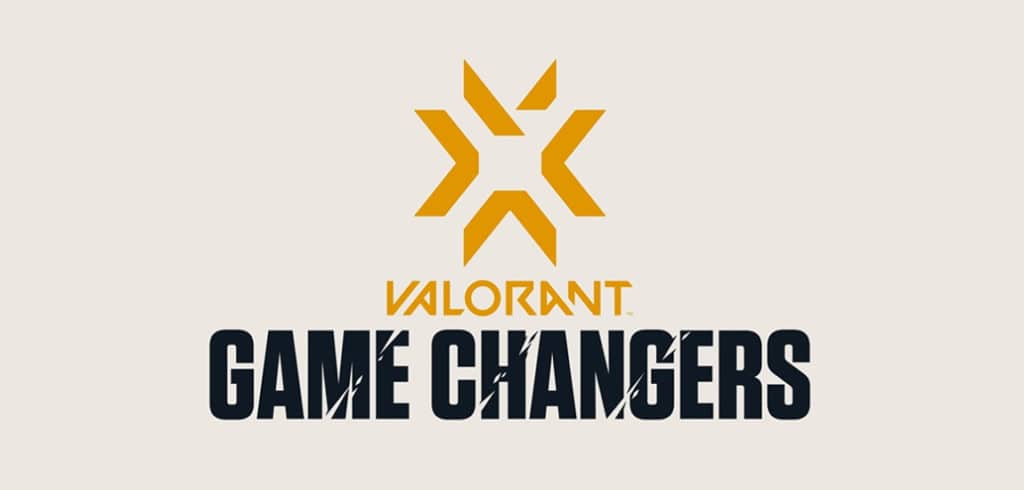
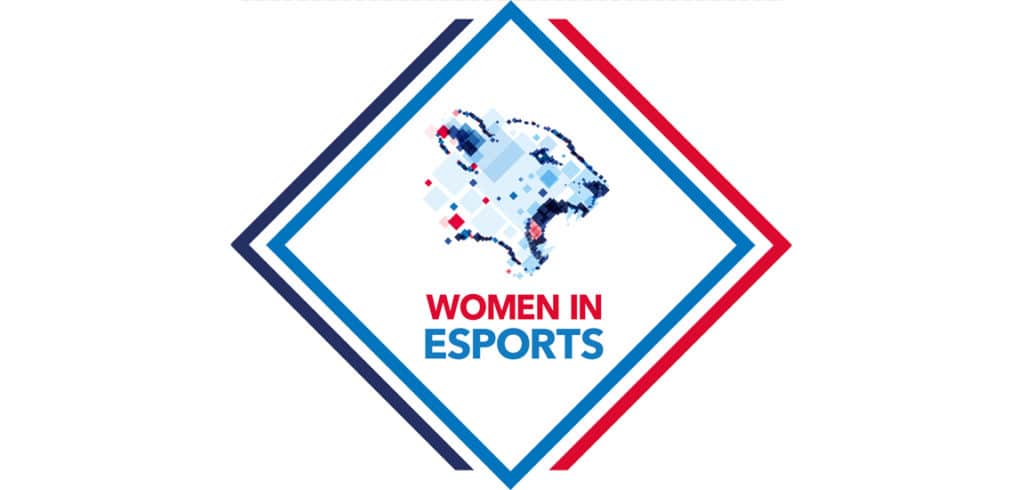
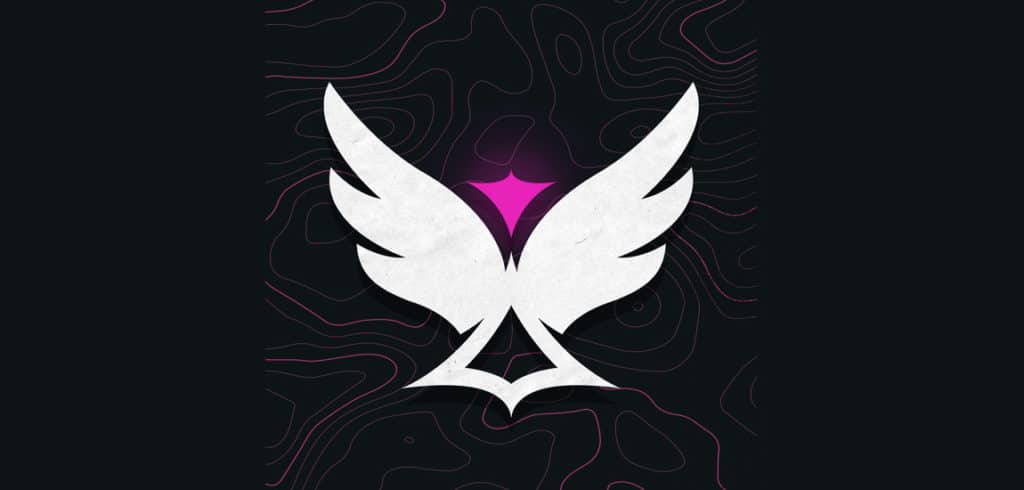
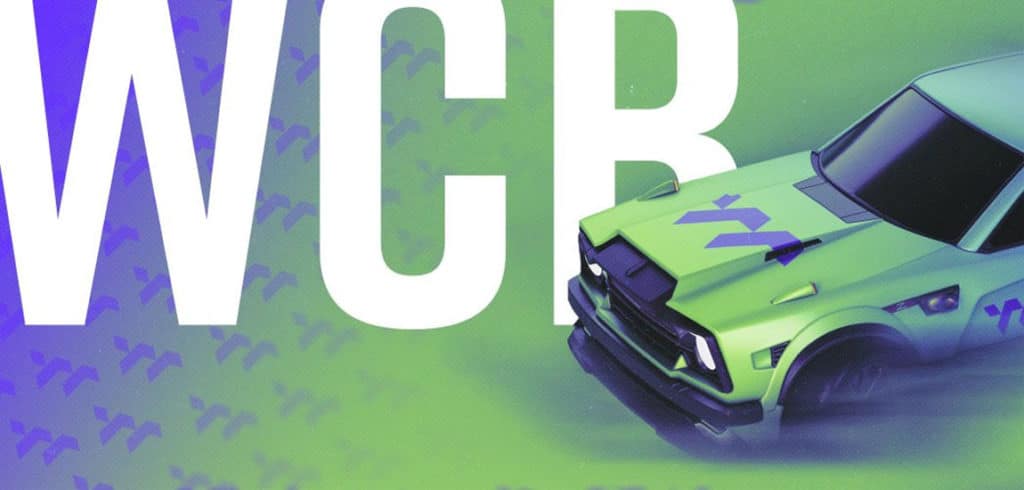
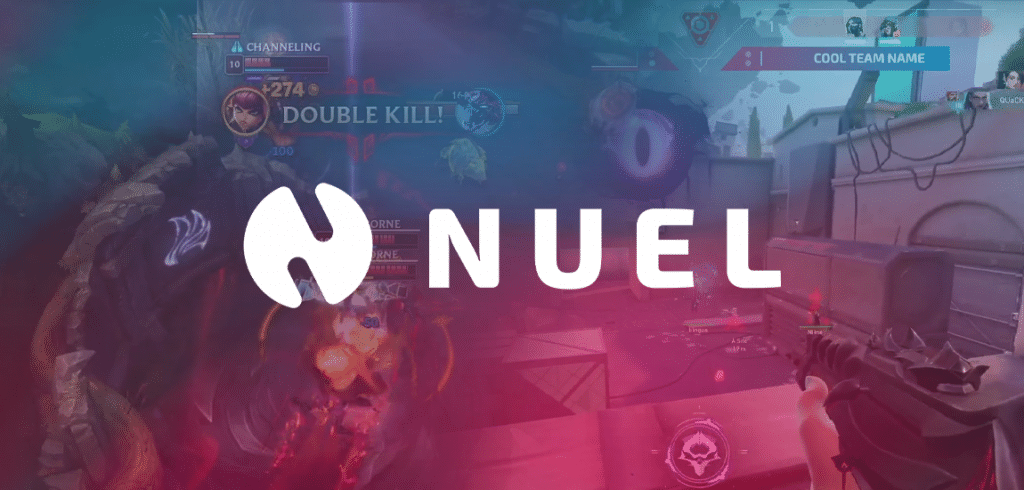
Both women’s competitive circuits drew together any existing initiatives to encourage more female and gender minority representation in their respective esports scene, supporting and reinforcing the need for growth and opportunity through the launch of their competitor circuits.
Women’s teams did well in medal events too, with the Great Britain Dota 2 women’s team winning a silver medal at the2021 Global Esports Games, and others winning at the Commonwealth Esports Championships in 2022.
Although Valorant and Counter-Strike were (and remain) at the forefront of organised women’s initiatives, other esports scenes also began implementing more concrete pathways for women to demonstrate their skills in a safer environment. For example, in the racing simulator esports scene, the Formula 1 Esports Series Women’s Wildcard series was launched in 2021 to provide a female-only qualification route to the Pro Exhibition.
Just as the global movement towards inclusivity – or lack thereof – impacted investment in women’s esports as the industry focused on growth, the global focus on women in esports in the early 2020s strongly affected the UK scene. Independently run, publisher-endorsed, and in-person LAN tournaments catering to women and gender minorities finally flourished on UK soil.
12 women’s esports tournaments in the UK and Europe, 2021-2024
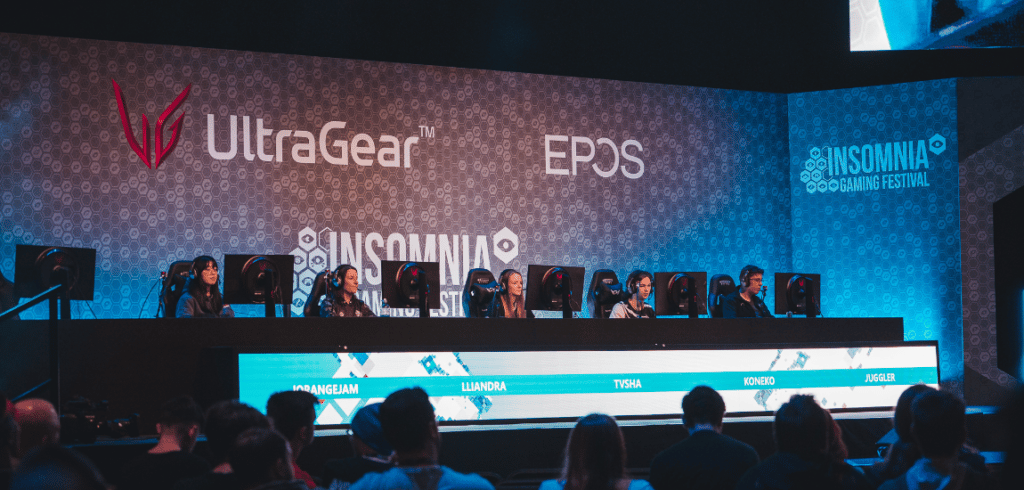
Many women’s tournaments were run at various levels during this time, from grassroots to professional leagues. And there were several UK-associated tournaments, including:
- Rix.gg Huntress Trials, Valorant, 2021. Supported by British Esports and Women in Esports
- Women’s Car Ball Competitive Series Regional European Series, Rocket League, 2021 (regional pre-season held in 2020)
- Dota Valkyries and Women in Esports mixed-gender Valkyrie Cup Community Tournament, Dota 2, 2021
- Lioness Cup, Valorant, 2022. Supported by Women in Esports
- Gfinity Arena ‘ShEsports’ Cup, Fifa, 2022
- Insomnia 69 Women in Esports Valorant Showmatch, 2022
- Pathfinders Women’s Series, League of Legends, 2023. Run by UK-based company ProjektGap, semi-franchised European competitive series.
- Riot Games Rising Stars tournament, League of Legends, 2023. publisher-endorsed
- Insomnia Valorant Women’s Cup, Valorant, 2023. Run by Excel Esports and EE
- Project Harmony, a women’s Siege tournament series, 2023 and 2024
- Tradeit FE Masters, a CS2 women’s tournament, 2024
- Red Bull Instalock, women’s Valorant tournament, 2024
Welcoming women-only esports rosters
With new opportunities for event participation and brand recognition, UK-based organisations also acknowledged the potential benefits of signing women’s esports rosters.
In 2021, Guild Esports signed their first all-female Valorant roster to compete in VCT Game Changers. In 2023, they responded to the continued growth of ESL Impact by signing an all-female CSGO roster to their organisation.
Tenstar also launched an all-female Valorant roster in 2021, Tenstar Nova. The team went on to win the 2021 VCT 2021 Game Changers EMEA Series 1 and 2. London-based organisation Excel Esports also signed their first all-female Valorant roster in 2022.
Some teams have taken bold steps to field women-only rosters in mixed tournaments. For example, BS+Competition returned to Rocket League with a women’s roster featuring UK talent.
And League of Legends women’s team, G2 Hel, formed in late 2022, went from playing in women’s-only tournaments to the mixed UK and Nordics circuit, the NLC.
And last year, the Lionscreed Lionesses became the first women’s team to qualify for the UKEL.
The Future of UK Women’s Esports: 2024 and Beyond
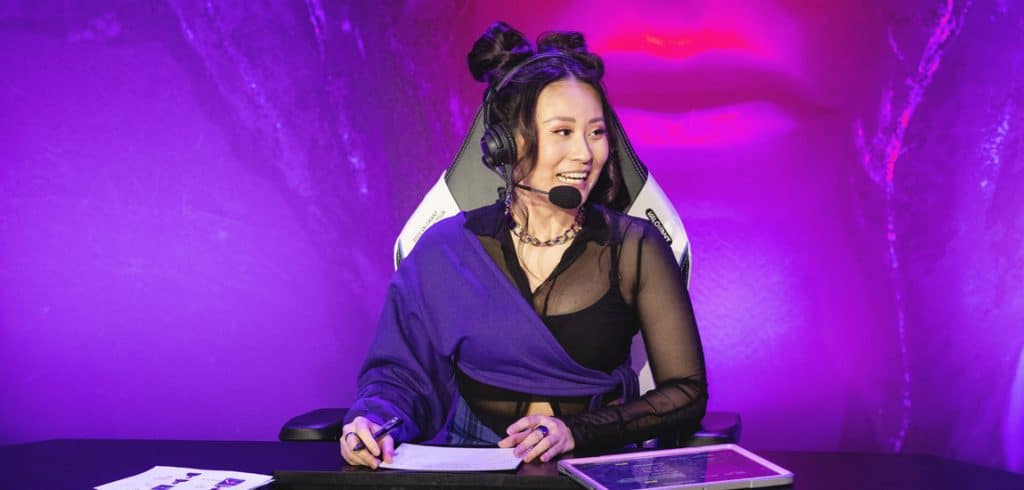
Professional women’s esports has progressed from being practically non-existent to an established scene with fan and organisation investment.
Today, we have many women working in esports, and not just at a broadcast talent or player level, from journalists to producers, coaches, executives, lecturers, CEOs and more.
As a short list to give some examples, in the UK we have the likes of Heather Dower, Hotdrop CEO and founder, Becky Wright, senior partnerships manager at NSE (soon moving to Blast), Ailsa Buck, head of major events and city experience at London & Partners, Billie Purdie, Alice Whorley, Mimi Craig and more at British Esports, Morgan Ashurst, head of media and marketing at Esports Insider, and many, many more.
Celebrating the growth of equality and diversity movements in the UK is certainly important, but it is vital not to lose sight of future goals and aspirations.
When formal discussions surrounding the navigation of discrimination in esports began back in 2018, emphasis was placed on the fact that gender-specific tournaments should be seen as a stepping stone to what should eventually be a united, diverse, and accessible primary esports ecosystem.
Many still agree that the initiatives launched from 2020-2023, in both the UK and beyond, should not be seen as a permanent necessity. However, there have also been clear benefits to running female and gender-minority tournaments. Sexism, misogyny, and discrimination are still undeniably rife in both esports and wider society, demonstrating a continued need to ensure that women can develop professionally in an environment that will not target them based on their gender identity.
It is also crucial to ensure that the efforts and achievements of women who campaigned throughout the void of female-specific investment are well-spent. The 2024 GDC State of the Game Industry Report found that very little has changed regarding industry representation over the past year, and concerns are rising regarding the effectiveness of diversity and inclusion efforts.
Other initiatives that had been previously planned have also gone dark. For example, Riot Games’ intention to introduce a women’s league for League of Legends in the style of Game Changers fell silently off the radar. Following organisational neglect, the Women’s Car Ball Scene has also collapsed after ongoing financial issues, leaving Rocket League without a concrete women’s scene.
Game titles with slower esports development, such as Apex Legends, have also suffered from missing the 2021-2023 boom in investment, with no official EA-supported women’s circuit launching for the game and no current indication of support in the future.
With the UK scene as a whole facing unique challenges in 2024, many organisations have also been releasing their women’s rosters. Despite being an early trailblazer, Guild Esports currently do not have women’s rosters in Valorant or Counter-Strike. However, Excel Esports (now rebranded to GiantX) remain in VCT Game Changers with their signed roster.
The UK’s journey in embracing women’s esports has been complicated. It often follows the patterns of global esports trends but also pioneers its own regional movement, especially with the consistent involvement and focus from Women in Esports.
As the UK continues to navigate the so-called ‘esports winter,’ it is vital that we make sure women’s esports does not freeze in the wilderness.
We’ll be back with a separate article featuring more women in esports soon. Stay tuned for more articles powered by GGBET UK, and see even more UK esports history content here:
Must-Read Casino & Betting Guides
Check out our featured gaming guides to find top UK casinos, no verification sites, fast withdrawal platforms, and more.
- Top Online Casinos UK 2025
- Bitcoin Casinos to Play at in July 2025
- Top Online Betting Sites 2025
- No KYC Casinos UK
- Best Non Gamstop Casinos

Hannah is a writer specialising in the esports, gaming, and technology sectors. Working for outlets such as Dot Esports, Esports Insider, and of course ENUK, she has developed a love for wider esports and Apex Legends, although it may never surpass her drive to passionately beat her friends in every game of Mariokart. You may have seen her at various esports and gaming events, including ESI London, EGX, Discover: Esports and many League of Legends watch parties.

